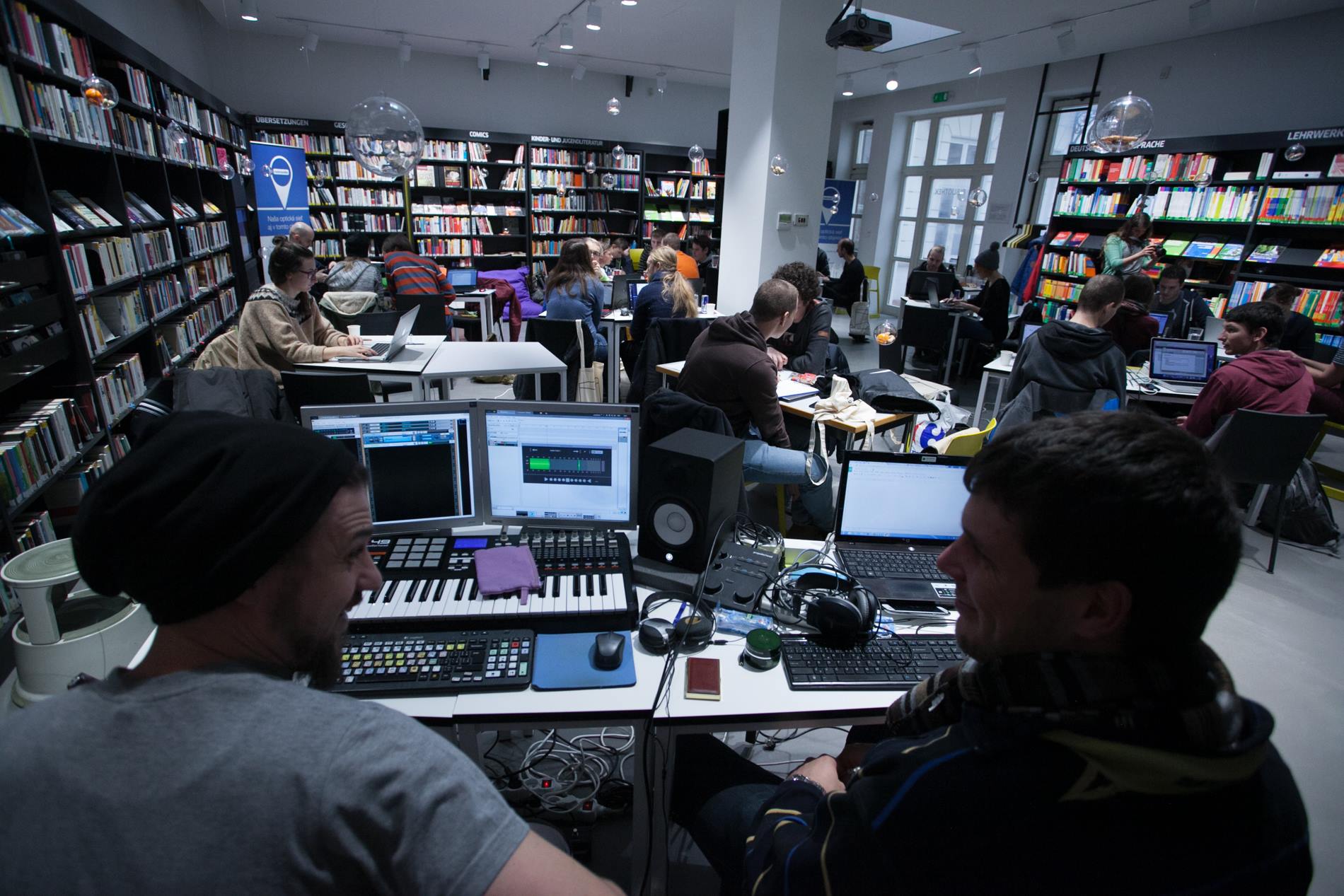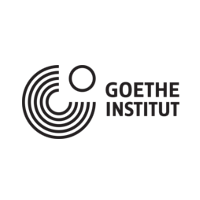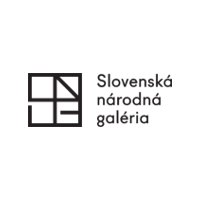8 teams attended Bratislava Game Jam and 7 of them made it to the end.
-
Dog Ate My Homework
Noha v Mede: Peter Fačko (design), Jana Malatincová (art), Alexander Palásthy (programming)
Dog Ate My Homework is a point-and-click adventure game for tablets that teaches children to differentiate between words and images, and clarifies relations between real-world objects in a witty way. The game based on a simple principle of replacing an image with a word is suitable for teaching foreign languages. In the beginning, the text covers the entire screen. As it is filled in, it gradually uncovers the story of a little boy who is on his way to school.
itch.io
-
Bliss
Kódtraktory: Boris Vitázek (game design, programming), Amalia Filip (concept), David Morasz (programming), Lukáš Štepanovský (sound design)
Bliss system is an alternative method of communication inspired by the Chinese picture-writing developed by Charles K. Bliss. After surviving in a concentration camp, he got an idea that wars could be prevented if the people were always able to understand each other precisely. Although the utopian intent of this language was never fulfilled, it was used in communication with physically challenged children, whose motor skills did not allow them to write and in some cases speak. The Bliss system, however, provided help. In our game, we try to approach the teaching of this language in an explorative manner. The game has a single level that demonstrates the key game mechanics – adding new words to the vocabulary to ultimately unlock the riddle at the end of the level.
-
National Awakener
Cheerful Alligator: Matej Juračka (graphics and programming), Juraj Borza (graphics and programming)
The game National Awakener returns the player to the period of a strong Hungarization before the key popularisers of the Slovak language gained prominence. The objective is to correct the Slovak language in historical and fictional counties through two game modes. In one mode, the words lack the letters “i” and “y” and the player's task is to press the correct key within the given period of time depicted by a frame. The other mode contains words with no diacritics (which is very common in today's writing), and the player corrects the words by pressing keys representing different diacritical marks.
-
Robot Factory
Wildcode: Tomáš Bencko (graphics), Štefan Nitkulinec (programming)
Robot Factory is an educational game foremost for the youngest individuals interested in programming. The game aims to teach the children to communicate through simple commands and get a rough idea of the functioning of different programming languages. In the game, the player is a software engineer facing an objective to make a bridge crane work as efficiently as possible. In every task of the game, it is necessary to move the robot through different stages until it reaches the final one. The player needs to overcome various challenging obstacles that gradually require more wit, planning, and sense of spatial orientation.
itch.io
-
Thru Peak
Satori: Beata Biskupovičová (graphics), Zden Hlinka (programming), Laszló Nagy (programming)
The main aim of the game is to teach English words. During the game, the player selects objects, for which he gets words of an English proverb. At the end of each level, the player gets a reward – the screen displays the words of the proverb in the correct order. The team built this game using HTML5/JS and HTMLCanvas (2D) and created the engine on the spot.
haluska.sk
-
Wrumble
Not a Day Michal Dužek (programming), Jozef Malacký (graphics), Juraj Karovič (graphics)
The game focuses on improving vocabulary in different foreign languages (currently English, Slovak, German, and Spanish). The objective of the game is to type correctly a word composed of rearranged letters falling from the top of the screen before it gets to a hungry beast. With every incorrect guess, the beast grows bigger. Similarly to Tetris, the game is over when the beast reaches the top of the screen. If the player doesn't know the given word, he can guess it by pressing random keys, which will highlight the correct letters. Difficulty increases with the player's skills, keeping the game challenging throughout the levels.
-
Stack that word
TOFF Games: Katarína Gešková (idea making & copywriting), Adam Belis (graphics), Matej Žilák (programming), Michaela Istoková (game art)
The prototype of the game created during Bratislava Game Jams helps the player prepare for the summer festivals or holiday. The objective is to build a tower using pictures as the correct answers. The opening screen challenges the player to pack for a festival by clicking the objects and adding them into a suitcase. During the game, the players learn the meaning of different English words. Thus, the game not only improves the packing skills of the players but also extends their vocabulary.
toffgames.com















